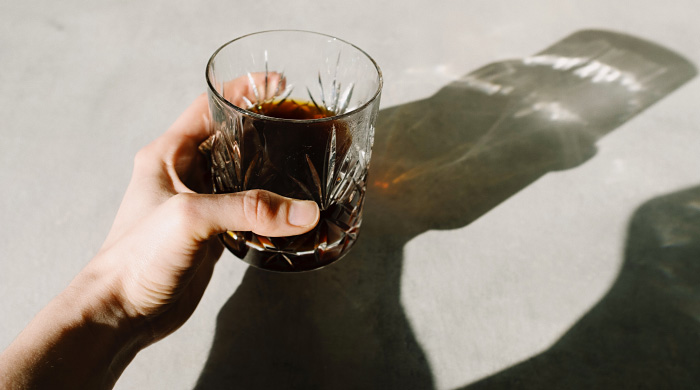A report on the “consumption of alcoholic drinks and COVID-19″ published on the portal of Italy’s Higher Health Institute (ISS) explains that “consuming alcohol does not protect from COVID-19 in any way”.
On the contrary, abusing alcohol increases the risk of infection because it “damages all the components of the immune system”.
Furthermore, the excessive consumption of alcohol while in quarantine is strongly advised against because it can lead to addiction and it is “closely connected to the risk of violence, especially violence towards one’s partner”. One of the fake news reports doing the rounds regarding this subject is one that says beer, wine and spirits boost immunity to the virus.
The opposite is true.
Alcohol, experts say, increases the risk of viral infections, including that of Sars-Cov-2, for a variety of reasons.
First among these is that it causes a reduction on the number and the functions of the B lymphoid immunity cells that defend the organism.
Furthermore, alcohol is potentially a risk factor for pneumonia via other mechanisms: it “reduces the oropharyngeal muscle tone”, increasing the risk of the introduction of microbes into the organism, and it “modifies the function of the alveolar macrophages”, which have the job of cleaning the pulmonary alveoli of dust and pathogens.
The ISS then passed to a review of the main fake news stories about alcohol and the coronavirus, such as the one that says heavy consumption kills the virus in air that is inhaled. Actually, it “does not disinfect the mouth and the throat and does not give any form of protection”. Alcohol (in concentrations of at least 60%) “functions as a disinfectant of the skin, but it does not have this effect when it is ingested into the organism”.
The harmful use of alcoholic drinks during the lockdown is also worrying experts for another reason of a social nature: during quarantine it could be linked to a “potential public health crisis” as highlighted by an article published in The Lancet Public Health. “This period of isolation could lead to a peak in alcohol abuse, with effects on people with addiction problems and the potential development of disorders linked to its use,” it said. The University of Portsmouth in Britain concluded that governments “should give out warnings about the public health risk of excessive consumption during isolation in order to protect vulnerable people”.
General myths about alcohol and COVID-19
Myth
Consuming alcohol destroys the virus that causes COVID-19.
Fact
Consuming alcohol will not destroy the virus, and its consumption is likely to increase the health risks if a person becomes infected with the virus. Alcohol (at a concentration of at least 60% by volume) works as a disinfectant on your skin, but it has no such effect within your system when ingested.
Myth
Drinking strong alcohol kills the virus in the inhaled air.
Fact
Consumption of alcohol will not kill the virus in the inhaled air; it will not disinfect your mouth and throat; and it will not give you any kind of protection against COVID-19.
Myth
Alcohol (beer, wine, distilled spirits or herbal alcohol) stimulates immunity and resistance to the virus.
Fact
Alcohol has a deleterious effect on your immune system and will not stimulate immunity and virus resistance.
Read more:
Fonte Salute.gov.it News
